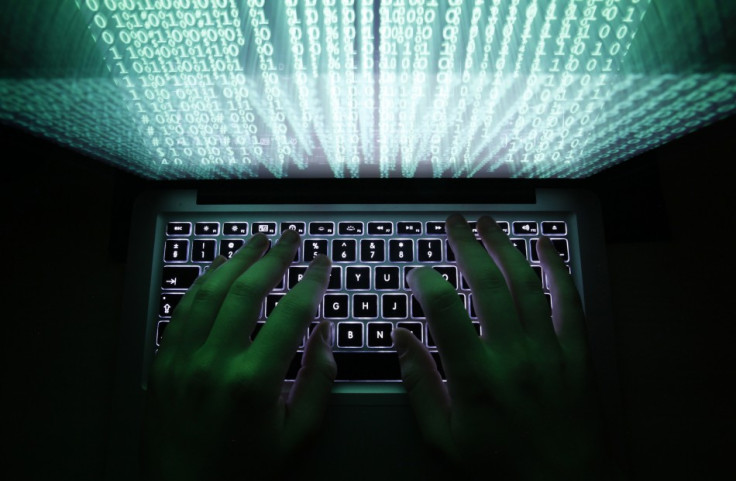Webcam Hackers Sell Ability to Watch Their Victims Online
Gangs of internet users are selling the ability to spy through the webcams of unsuspecting victims, according to a report which claims websites sell the hacks for less than £1.

The report has lead privacy watchdogs to encourage users to physically cover their webcams when not in use to prevent hackers from spying on them through the camera, which is often located above the screen of most modern laptops.
Conducted by BBC Radio 5, the investigation found websites where hackers exchange picture and videos of people captured by taking control of their webcams using malicious software (malware) known as Rats, or remote-access Trojan.
Posing as a computer security enthusiast, one BBC radio producer made contact with several webcam hackers from the UK and abroad, and found that hackers exchange photos of "ugly" victims - also known as slaves or 'bots' - and found a site where men would swap photos of female victims.
One hacker, who is reported to live near London, estimates he has hacked 100 computers and viewed webcams on almost half of them. The hacker told the BBC: "I wasn't really looking for anything on their webcams, just their reactions. I'd open up random sites - shock sites - they'd see a scary picture or someone screaming, and you'd see they were scared
"There are creepy people who post pictures of ugly or female slaves. I'm not really into that...Yeah, it is illegal. But the risk of getting caught, that someone would do something about you trolling people, isn't that much. It's just a bit of a laugh."
The Childnet International charity suggests users of webcams should think carefully about where they are left and what they point at: "Make sure that webcams connected to computers are not located in bedrooms or more private areas of the house...Unplugging the webcam, covering the lens or pointing it at a blank wall when not in use are good steps to take to minimise this risk, as is closing your laptop lid when not in use."
Payment
A Finnish hacker claimed that access to a woman's webcam can be sold for $1 (64p), but access to men's webcams is worth considerably less. When challenged about the legality of what he is doing, Matti (not his real name) told the BBC: "I really don't care since if someone wants to do then they do it. If he pays me I'm ok with it."
Speaking on Radio 5 live's Breakfast programme, Keith Vaz, chairman of the Commons Home Affairs Committee, said: "It is important that our teachers and the education system wakes up to the importance of advising young people on what could and couldn't happen.
"Manufacturers should look at the ways to ensure that computers and webcams themselves can alert people that they are on - perhaps with a bleep - so that the users can realise it's still on, and make sure it's switched off."
Apple's MacBook laptops have a green light next to the webcam which is wired to the camera, meaning that if a current is sent to the camera, it also passes through the light, which illuminates, and no software hack can bypass this.
Prevention
To prevent hackers gaining access to your webcam or any other part of your computer, it is vitally important that its operating system is kept up to date; Microsoft, Apple and others release frequent patches to fix security holes.
Security expert Graham Cluley told IBTimes UK: "In addition, keep an eye open for your webcam light unexpectedly turning on, as this could be a sign that it has been hijacked. I know of users who have also chosen to put a post-it note over their webcam as a precaution.
"Furthermore, as a general rule, I would be wary of allowing young people to use net-enabled computers in their bedroom rather than in a shared room. This not only reduces the chances of webcam blackmail, but also protects against other net dangers of course.
"Finally, if you ever do receive a message from a hacker which indicates they may have compromised your computer and camjacked you - do not allow yourself to be blackmailed, even if they make unpleasant threats. Tell a responsible adult and contact the computer crime authorities."
As for the legality of webcam hacking, anyone who gains unauthorised access to a user's computer is causing an offence under the Computer Misuse Act and the police are able to prosecute offenders.
© Copyright IBTimes 2025. All rights reserved.






















